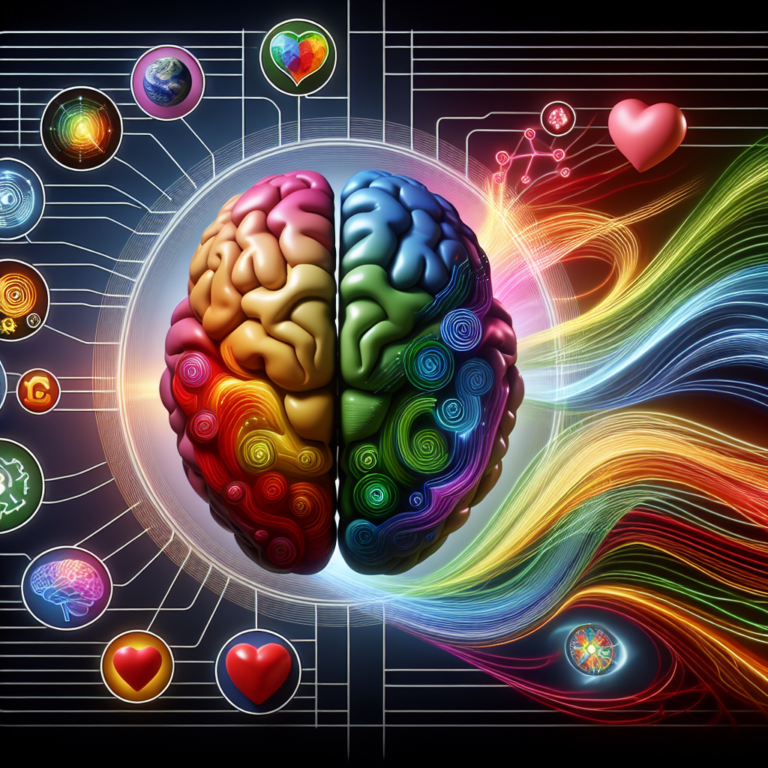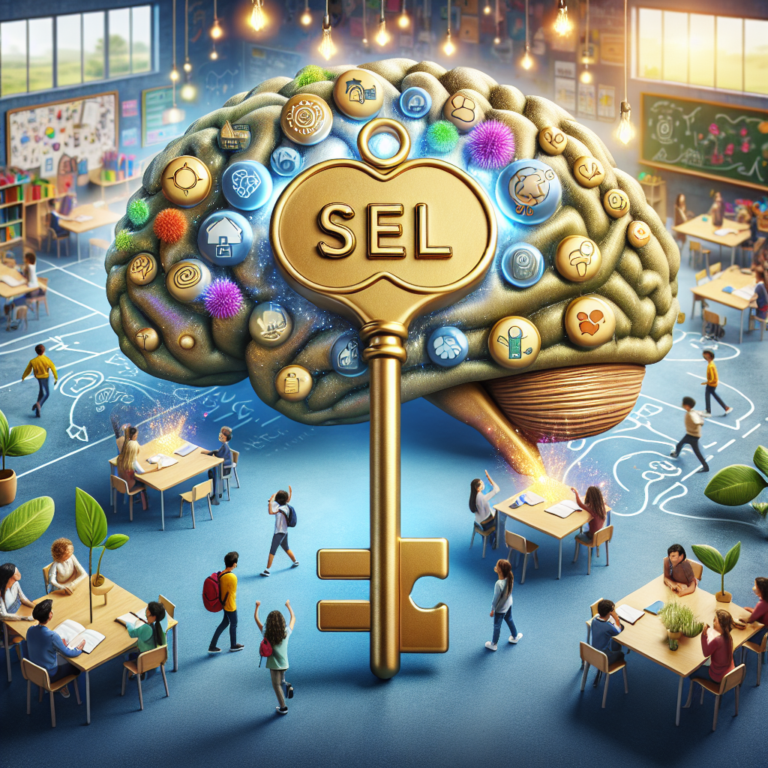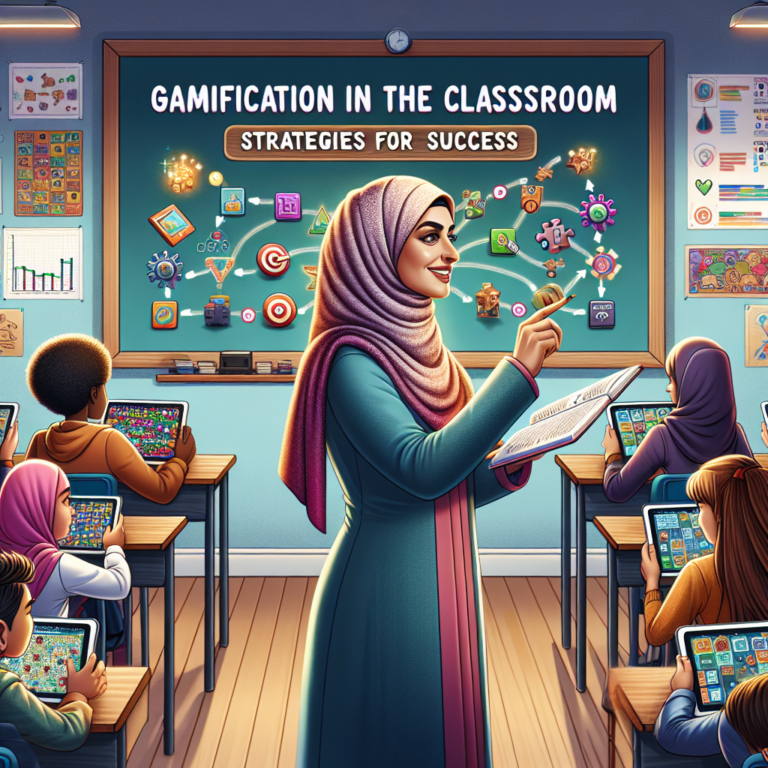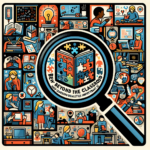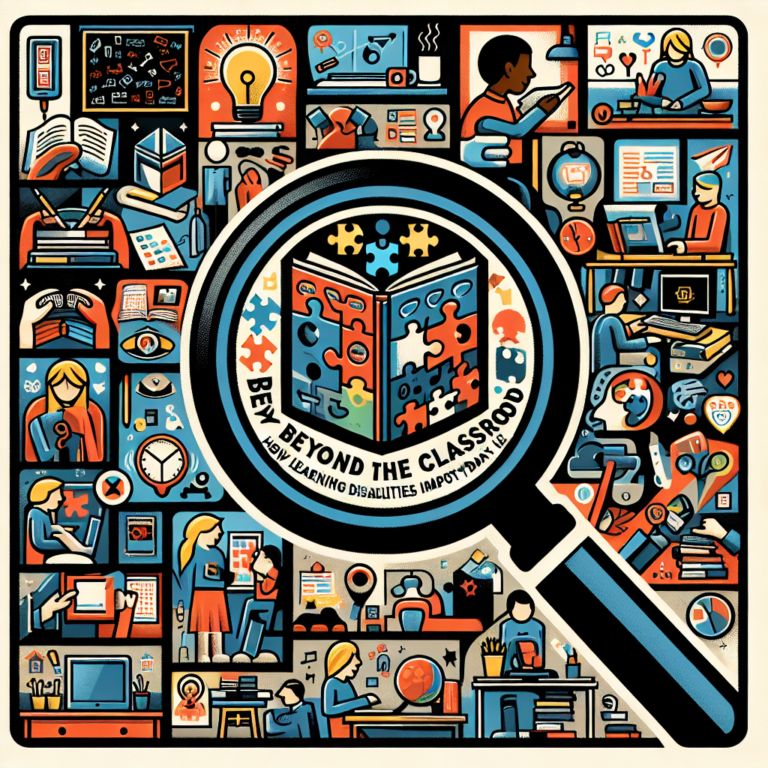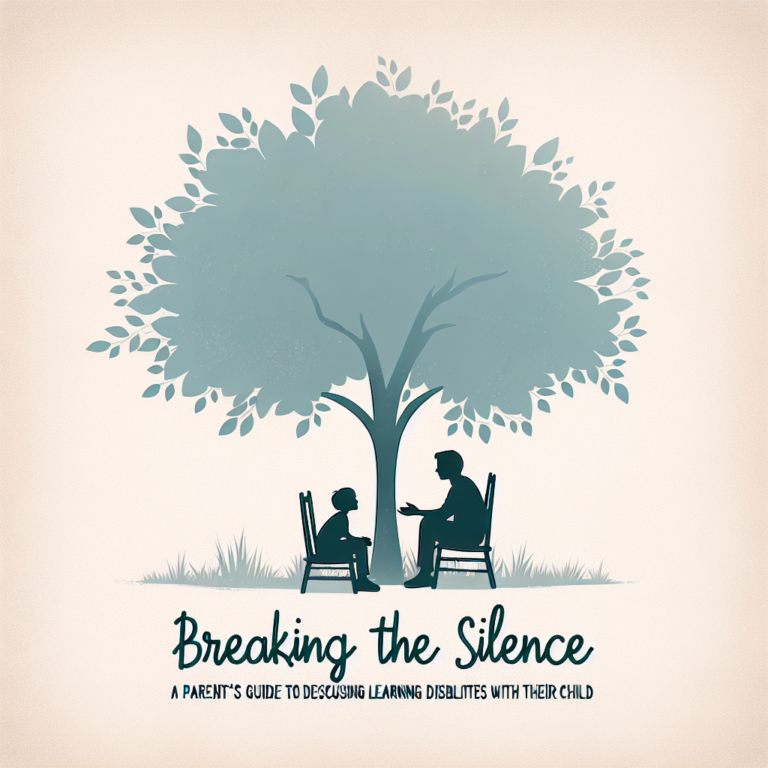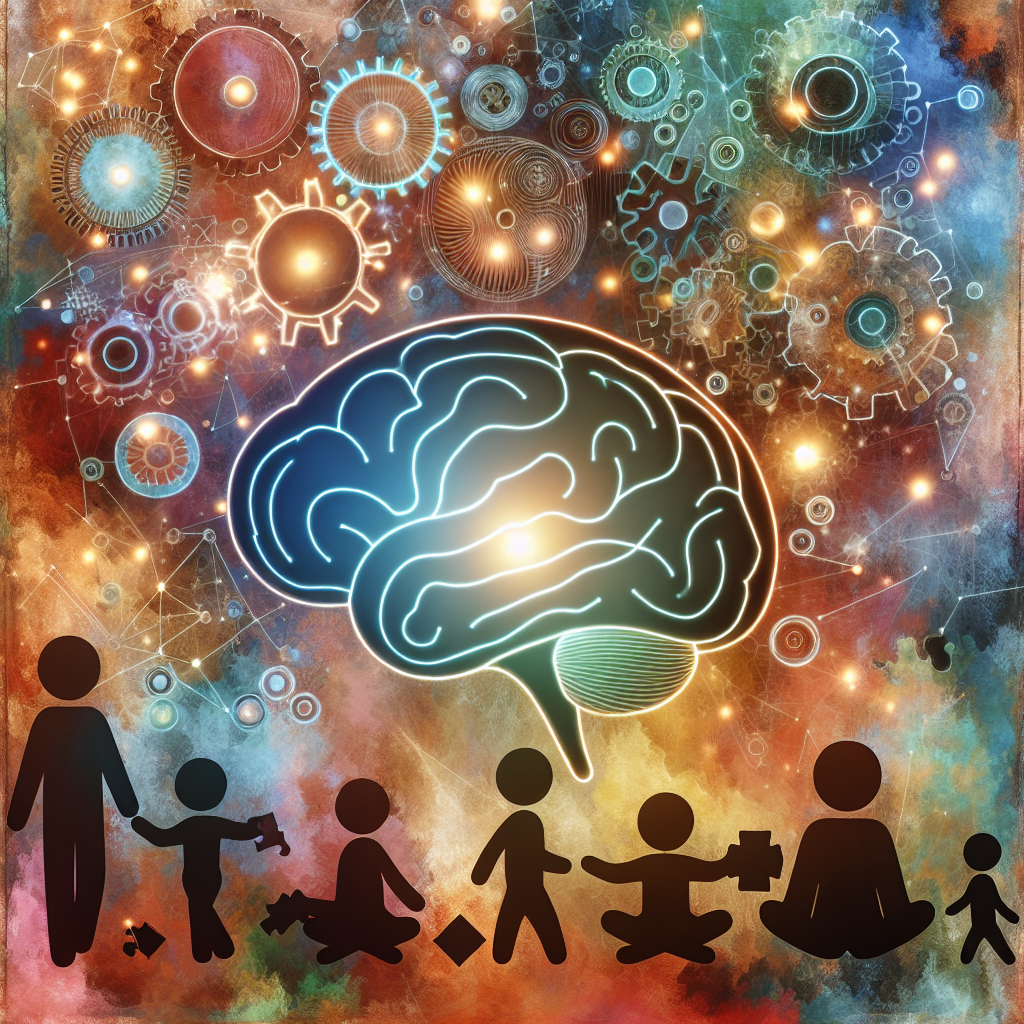
Introduction
In an ever-evolving world, understanding cognitive development is more crucial than ever. For both educators and parents, grasping how children think, learn, and develop intellectually is key to fostering their academic and social success. The journey through childhood and adolescence is marked by significant cognitive milestones that pave the way for problem-solving, critical thinking, and emotional intelligence. This comprehensive guide, titled Understanding Cognitive Development: A Guide for Educators and Parents, aims to unravel the complex tapestry of cognitive growth in children, equipping you with insights and practical strategies that not only enhance learning outcomes but also nurture healthy brain development.
The Foundations of Cognitive Development
What is Cognitive Development?
Cognitive development refers to the processes by which children acquire knowledge, skills, problem-solving abilities, and attitudes. It encompasses various domains such as memory, reasoning, language, and social skills. Understanding cognitive development allows educators and parents to tailor their approaches according to the child’s developmental stage, ensuring a more effective learning experience.
Key Theories of Cognitive Development
Jean Piaget’s Stages of Cognitive Development
Jean Piaget proposed that children progress through four stages of cognitive development:
Sensorimotor Stage (0-2 years): In this stage, infants learn through sensory experiences and manipulating objects. They develop object permanence—the understanding that objects continue to exist even when they cannot be seen.
Preoperational Stage (2-7 years): During this period, children begin to engage in symbolic play and learn to manipulate symbols. However, they often struggle with logic and taking the perspective of others.
Concrete Operational Stage (7-11 years): Here, children start to think logically about concrete events. They gain a better understanding of concepts like conservation and can perform operations mentally.
- Formal Operational Stage (12 years and up): In this final stage, children develop the ability to think abstractly and logically. They are capable of complex problem-solving and can ponder hypothetical situations.
Lev Vygotsky and the Social Context of Learning
Contrary to Piaget’s theory, Lev Vygotsky emphasized the social aspects of cognitive development. He introduced the concept of the "Zone of Proximal Development" (ZPD), indicating that children learn best when guided by a more knowledgeable individual. This highlights the importance of collaboration between peers and adults.
Case Study Analysis
Case Study: The Learning Ladder
In a suburban middle school, educators noticed that students struggled with mathematical concepts. Teachers implemented peer tutoring, allowing students to help each other within their ZPD. The results were staggering—test scores improved by an average of 20%, and students reported increased confidence in their abilities. This case illustrates the efficacy of Vygotsky’s theory on social learning.
| Stage | Description | Key Focus |
|---|---|---|
| Sensorimotor | Learning through sensory experiences | Object permanence |
| Preoperational | Symbolic play and manipulation | Egocentrism |
| Concrete Operational | Logical thinking in concrete contexts | Conservation principle |
| Formal Operational | Abstract and logical thinking | Hypothetical reasoning |
Cognitive Development Milestones: What to Expect
Understanding Cognitive Development: A Guide for Educators and Parents requires familiarity with developmental milestones. Here’s what parents and educators can expect:
Infancy (0-1 year)
- Key Milestones: Exploration of the environment, developing attachment, responding to their name.
- Strategies: Encourage sensory play. Simple toys that make noise or respond to touch stimulate cognitive growth.
Toddlers (1-3 years)
- Key Milestones: Vocabulary explosion, beginning to solve simple problems (e.g., fitting shapes into holes).
- Strategies: Engage in conversations, read books, and play interactive games that encourage problem-solving.
Preschoolers (3-5 years)
- Key Milestones: Beginning of logical thinking, mastery of basic concepts (like colors and numbers).
- Strategies: Use storytelling to enhance language skills, and encourage imaginative play to foster creativity.
Early Elementary (5-7 years)
- Key Milestones: Improved attention span, beginning of reading and writing skills.
- Strategies: Implement project-based learning to develop critical thinking and collaboration skills.
Middle Childhood (7-12 years)
- Key Milestones: Advanced logical thinking, understanding of abstract concepts.
- Strategies: Introduce debates and discussions to promote higher-order thinking.
Adolescence (12 years and up)
- Key Milestones: Capacity for abstract thought, moral reasoning.
- Strategies: Encourage exploration of complex subjects and ethical dilemmas to promote critical thinking.
Practical Strategies for Supporting Cognitive Development
The Role of Play
Play is often touted as the “work of children.” It serves as a vital component of cognitive development. Engaging children in various forms of play—whether imaginative, constructive, or games—helps develop critical thinking and problem-solving skills.
Real-World Application: Learning Through Play
At Riverton Academy, educators introduced a structured play curriculum that allowed students to explore STEM concepts through play. The results? Not only did academic performance rise, but students also reported increased enjoyment and engagement in their learning processes.
| Type of Play | Cognitive Benefits |
|---|---|
| Pretend Play | Encourages creativity and abstract thinking |
| Constructive Play | Enhances spatial reasoning and fine motor skills |
| Games | Develops strategy and critical thinking |
Encouraging a Growth Mindset
Promoting a growth mindset is essential for cognitive development. Teach children that intelligence and abilities can be developed through effort and perseverance. This fosters resilience and a love for learning.
Case Study: The Growth Mindset Initiative
At Springfield Elementary, teachers incorporated growth mindset principles into their curriculum. Students who were previously disengaged became more motivated, showing significant improvements in both attitude and academic performance. This demonstrates how fostering a growth mindset can positively impact cognitive development.
Use of Technology
Educational technology can offer interactive learning experiences tailored to various cognitive levels. However, it’s essential to strike a balance to ensure that technology complements, rather than replaces, traditional learning methods.
Case Study: Tech-Enhanced Learning in Action
In Cypress High, the introduction of interactive math software allowed students to solve problems at their own pace. Teachers reported increased engagement, with students eager to complete assignments and collaborate in group settings. This highlights the potential of integrating technology into learning experiences.
The Importance of Environment
Creating Enriching Learning Environments
The learning environment plays a critical role in cognitive development. A supportive and stimulating environment fosters curiosity and motivation.
Factors to Consider
- Diverse Learning Materials: Provide a range of resources (books, puzzles, art supplies) to cater to different learning styles.
- Safe and Supportive Atmosphere: Creating a safe space encourages risk-taking in learning, which is essential for cognitive growth.
Family Involvement
Parental involvement is key. Engaging with children through discussions, playing games, or participating in educational activities can significantly influence their cognitive development.
Case Study: The Family Learning Project
At Greenfield Elementary, a family engagement initiative included workshops for parents, focusing on ways to support their child’s learning at home. Over six months, participating students showed significant gains in academic performance, demonstrating the correlation between family involvement and cognitive development.
Conclusion
In summary, Understanding Cognitive Development: A Guide for Educators and Parents offers a roadmap to navigate the complex landscape of children’s cognitive growth. By being equipped with this knowledge, both educators and parents can implement effective strategies that nurture children’s learning and development. The goal is not only to enhance academic skills but also to foster well-rounded individuals who can navigate the challenges of life with confidence.
Encourage your child’s growth mindset, leverage supportive environments, and don’t underestimate the power of play. These strategies will pave the way for success, both in and out of the classroom.
FAQs
What factors influence cognitive development?
- Cognitive development is influenced by genetics, environment, nutrition, and social interactions. A holistic approach involving healthy relationships and adequate stimulation is vital.
How can I assess my child’s cognitive development?
- Regular monitoring through developmental screenings, engaging them in various activities, and observing their problem-solving skills can provide insight into their cognitive progress.
What is the role of nutrition in cognitive development?
- Proper nutrition is essential for brain health. Diets rich in omega-3 fatty acids, antioxidants, and vitamins are known to support cognitive function and overall development.
How important are social interactions for cognitive development?
- Very important. Social interactions teach cooperation, empathy, and various cognitive skills. Collaborative play and teamwork enhance learning experiences.
- What can educators do to support cognitive development in classrooms?
- Educators can use differentiated instruction, maintain a stimulating environment, incorporate technology, and encourage critical thinking through discussions and project-based learning.
By understanding cognitive development and applying actionable strategies, you empower the next generation to thrive as learners and thinkers, not just in academic settings but throughout their lives.






